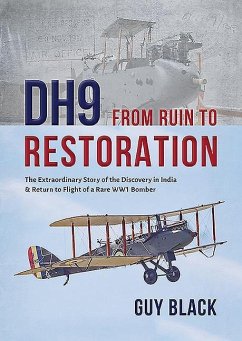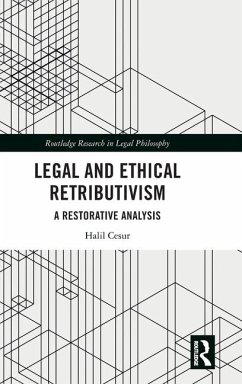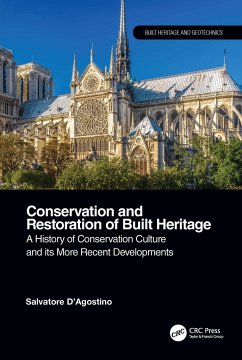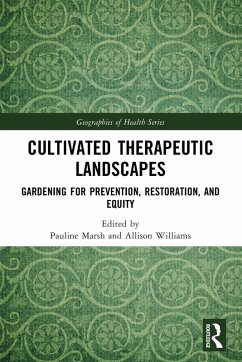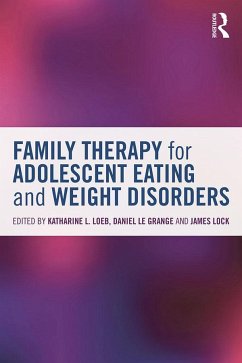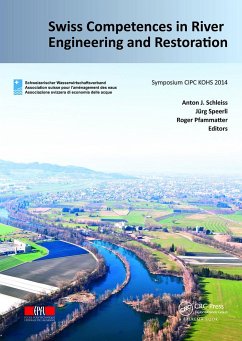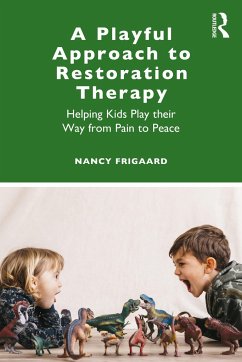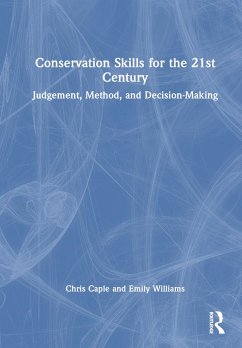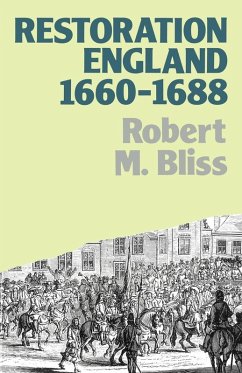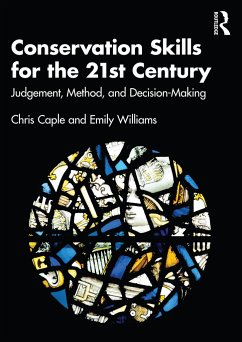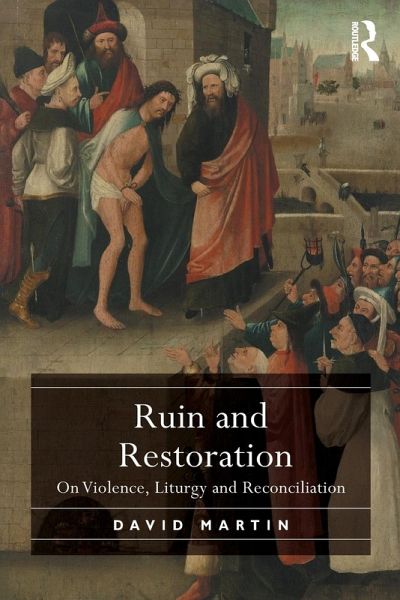
Ruin and Restoration
On Violence, Liturgy and Reconciliation
Versandkostenfrei!
Versandfertig in 1-2 Wochen
58,99 €
inkl. MwSt.
Weitere Ausgaben:

PAYBACK Punkte
29 °P sammeln!
To suppose that God has a providential plan based on a special covenant with Israel and realised in the atonement presents us with a moral problem. In Ruin and Restoration David Martin sketches a radical naturalistic account of the atonement based on the innocent paying for the sins of the guilty through ordinary social processes. An exercise in socio-theology, the book reflects on the contrast between 'the world' governed by the dynamic of violence as analysed by the social sciences, including international relations, and the emergence in Christianity (and Buddhism) of a non-violent alternati...
To suppose that God has a providential plan based on a special covenant with Israel and realised in the atonement presents us with a moral problem. In Ruin and Restoration David Martin sketches a radical naturalistic account of the atonement based on the innocent paying for the sins of the guilty through ordinary social processes. An exercise in socio-theology, the book reflects on the contrast between 'the world' governed by the dynamic of violence as analysed by the social sciences, including international relations, and the emergence in Christianity (and Buddhism) of a non-violent alternative. A 'governing essay' fuses frameworks drawn from Reinhold Niebuhr, Karl Jaspers, Ernst Troeltsch and Max Weber and explores the relation between the cultural sciences, especially sociology, and theology treated as another but very distinctive cultural science. Six commentaries then deal with the atonement in detail; with the nature of Christian language and grammar, and with its characteristic mutations due to necessary compromises with 'the world'; with sex and violence; and with the liturgy as a concentrated mode of reconciliation.





